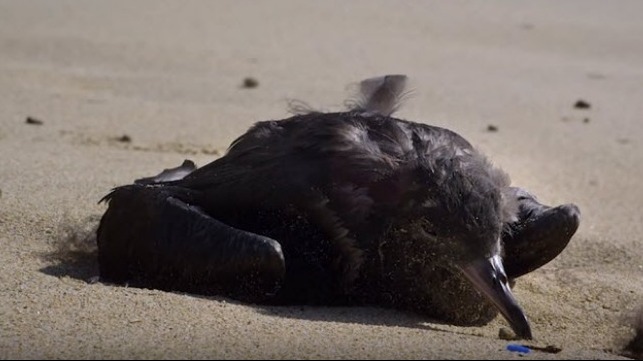Public-Private Partnership to Map Ocean Plastic

The Institute of Marine Research, shipowner Torvald Klaveness, Kongsberg and the Norwegian Shipowners’ Association have entered into a public-private partnership with the aim of mapping marine plastic and other environmental parameters vital to the health of the oceans. The partners will equip several vessels with advanced sensors to collect data for the Institute of Marine Research.
Every minute, about 15 tons of plastic end up in the ocean. If this trend of marine plastic pollution continues, by 2050 there may be more plastic than fish in the sea. This is a matter of great concern for the maritime industry, say the partners. The aim of the new collaboration is to obtain information about the type of plastic found in various marine areas and the composition and origin of the plastic. The project will also provide increased knowledge of how plastic is spread and the consequences for the marine environment.
The Institute of Marine Research will plan the data sampling and be responsible for handling and analyzing the collected data. The Institute of Marine Research has a new microplastics lab capable of analysing the contents of microplastic particles down to a size of five micrometres.
Kongsberg will be responsible for developing and assembling sensor technology for the project. "The first goal is to build several sensors that we can mount on vessels. We have developed a 'Ferry Box' system that autonomously collects water samples that provide a variety of environmental parameters, including plastic content in the ocean. This data will give us important information for understanding how garbage impacts the seas, and serve as a basis to determine which measures should be taken," says Geir Håøy, CEO of Kongsberg.
Initially, up to five ships from shipowner Torvald Klaveness will be equipped with sensors. The ships will be in regular trade while the samples are taken.
The Norwegian Shipowners' Association is heading up the project, and believes that cross-sector cooperation is important to finding solutions to the problems caused by marine garbage.
